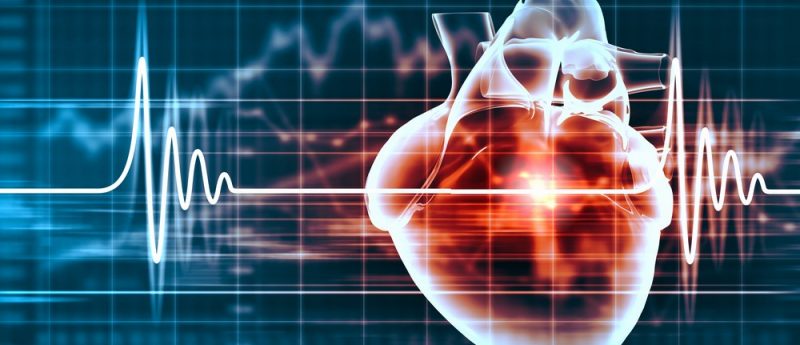Regenerative cardiac drug receives federal funding

Novo Biosciences receives grant to advance potential heart drug MSI-1436.
Novo Biosciences Inc., a spinoff of the MDI Biological Laboratory (both ME, USA), has announced that it has received a 2 year, US$1.5 million Small Business Innovation Research (SBIR) grant from the National Institutes of Health (NIH) for the development of MSI-1436 as a potential regenerative medicine therapy for the treatment of patients who have suffered an acute heart attack.
The grant will allow Novo Biosciences to move ahead with studies of the effectiveness of MSI-1436 in pigs. The pig heart, which closely resembles that of humans, allows scientists to model a human heart attack. MSI-1436 has already been demonstrated to regenerate damaged heart muscle and improve heart function in adult zebrafish and mice. The study in pigs is the critical next step in moving the drug candidate into clinical trials.
“We believe MSI-1436 has enormous potential,” explained Kevin Strange, CEO (Novo Biosciences) and president (MDI Biological Laboratory). “No drug now exists to treat heart attack. Heart disease is the the world’s leading killer. In order to advance MSI-1436 into clinical trials, we need to first test its effectiveness in a large animal model. We are deeply grateful to the National Heart, Lung, and Blood Institute for making this possible.
“MSI-1436 offers several significant advantages with regard to drug development. First, the fact that it works in zebrafish and mice, which are separated by more than 450 years of evolution, makes it more likely that it will work in humans too; second, it has been found in Phase I trials for an unrelated application to be well tolerated in humans at doses many times higher than those used for the treatment of heart injury in zebrafish and mice.
“The establishment of the safety of MSI-1436 in early-stage clinical trials significantly decreases the time and expense associated with developing this drug as a potential treatment for heart attack.”
“The current therapies for heart damage are limited to efforts to prevent secondary heart attacks and to transplantation for heart failure,” continued Voot P. Yin (MDI Biological Laboratories), chief scientific officer (Novo Biosciences) and the principal investigator for the SBIR grant. “If MSI-1436 shows results in humans that are anything like what we have demonstrated in mice, it will be a game-changer for patients who have suffered a heart attack.”
The randomized, double-blind studies will be conducted in collaboration with scientists from the Louisiana State University Health Science Center Cardiovascular Center of Excellence (LA, USA).
“If the pig study is successful, Novo Biosciences will seek investors to move the potential drug through the multi-stage clinical trial process,” Yin concluded.
The inventors of MSI-1436 are also exploring its use as a potential treatment for the regeneration of skeletal muscle tissue and cardiac muscle tissue in patients suffering from Duchenne muscular dystrophy, the most common form of the disease. Duchenne muscular dystrophy is characterized by progressive muscle degeneration and ultimately death due to heart and/or respiratory failure.
Source: MDI Biological Laboratory press release